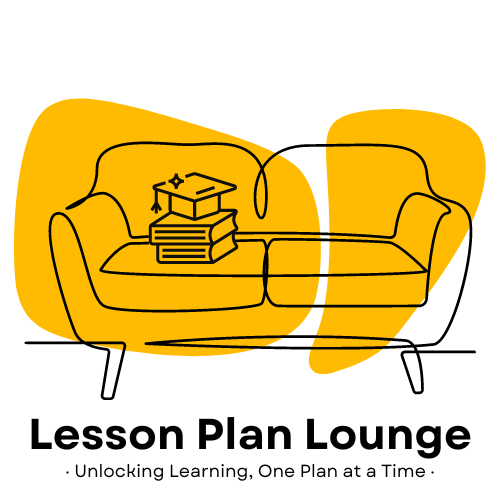
10 Things You Should Never Do When Creating a Lesson Plan
Share
We've all been there: staring at a blank template, juggling curriculum demands, student needs and the ticking clock. Lesson planning is an art form, a science and sometimes, a true test of endurance. While there's no single "perfect" way to plan every lesson, there are definitely some common pitfalls that can derail even the best intentions. Avoiding these "never-dos" can save you time, boost student engagement and bring more joy back to your teaching.
The "Never-Dos"
1. Never Plan in Isolation from Your Students:
a. Why: A lesson plan is for your students, not just for the syllabus. Ignoring their prior knowledge, interests or current needs leads to disengagement.
b. Instead: Start with quick check-ins, assess current understanding and let student curiosity guide your "hooks."
2. Never Skip the "Why":
a. Why: If you don't know the core purpose or enduring understanding of a lesson, your students certainly won't. This leads to aimless activities.
b. Instead: Clearly define your learning objectives and essential questions. What should students know, understand and be able to do by the end?
3. Never Over-Cram Your Time:
a. Why: We often overestimate how much we can cover. Rushing through content means less time for depth, questions and processing, leaving students feeling overwhelmed, not enlightened.
b. Instead: Be realistic. Prioritize quality over quantity. Build in buffers for unexpected tangents or deeper discussions.
4. Never Forget Differentiation:
a. Why: Classrooms are diverse. A one-size-fits-all lesson leaves some students bored (too easy) and others frustrated (too hard).
b. Instead: Plan for varying entry points, support strategies and extension activities. How can all learners access, engage with and be challenged by the material?
5. Never Design Activities Without a Clear Purpose:
a. Why: Filling time with "busy work" because it looks good on paper or is a convenient worksheet achieves nothing more than keeping hands occupied.
b. Instead: Every activity should directly serve a learning objective. Ask yourself: "What will students learn or do to demonstrate understanding through this?"
6. Never Neglect Assessment for Learning:
a. Why: If you only assess at the end, you miss crucial opportunities to adjust your teaching during the lesson.
b. Instead: Integrate quick, formative checks throughout the lesson (e.g., exit tickets, thumbs up/down, think-pair-share) to gauge understanding and pivot if needed.
7. Never Rely Solely on Lecture:
a. Why: The human brain isn't designed for passive reception for extended periods. Lecturing alone often leads to information overload and low retention.
b. Instead: Mix it up! Incorporate discussions, hands-on tasks, movement breaks, peer collaboration and technology to activate different learning pathways.
8. Never Forget the "Hook" and the "Close":
a. Why: How you start and end a lesson significantly impacts engagement and retention. A weak opening fails to capture attention; a weak close misses the chance to consolidate learning.
b. Instead: Plan an engaging start that sparks curiosity and a strong closing that summarises, reflects or sets up the next lesson.
9. Never Be Afraid to Deviate (Slightly!):
a. Why: Sometimes, the most powerful learning moments come from unexpected questions or spontaneous student interest. Sticking rigidly to a plan can stifle these opportunities.
b. Instead: Be prepared, but be flexible. See your plan as a guide, not a straightjacket. Know your objectives, and if a "teachable moment" arises, embrace it.
10. Never Underestimate the Power of Your Own Energy:
a. Why: If you're not excited or confident about your lesson, your students will pick up on that. Your enthusiasm is contagious.
b. Instead: Connect with the material yourself. Find what excites you about it. Plan lessons you genuinely believe will be impactful and fun – your energy will follow.
Conclusion
Lesson planning can be a powerful tool for creating impactful, engaging learning experiences. By sidestepping these common pitfalls, you're not just saving yourself stress – you're building a more dynamic, responsive and joyful classroom for everyone.
Which "never-do" resonates most with you?
